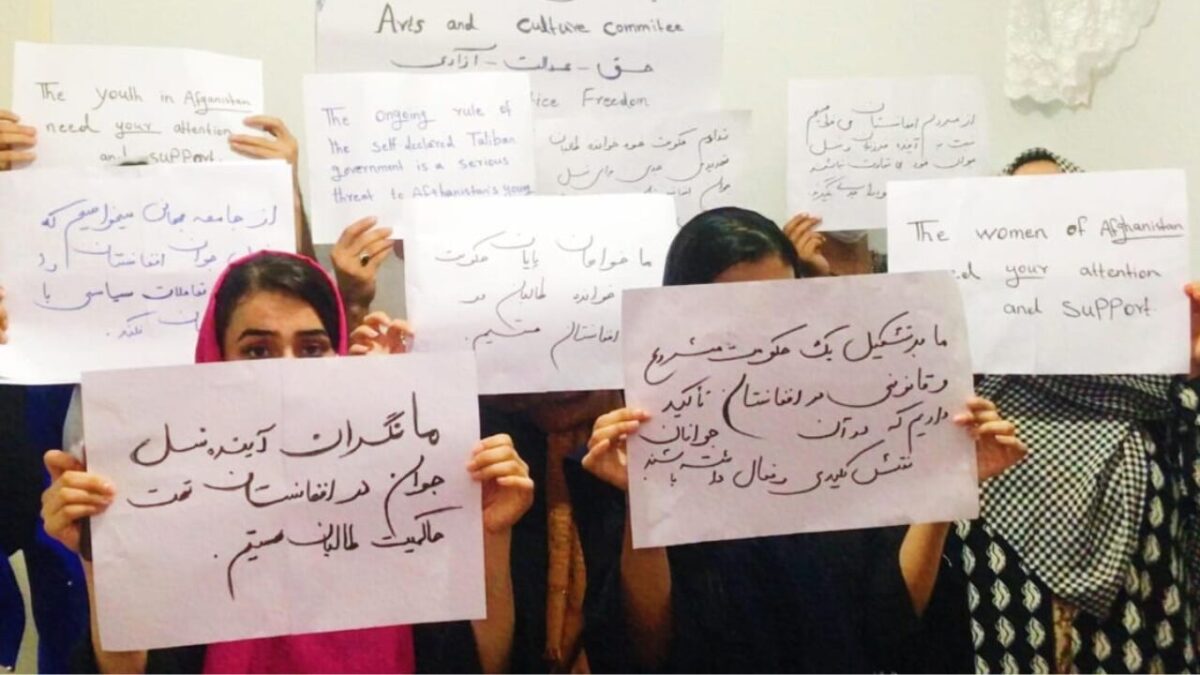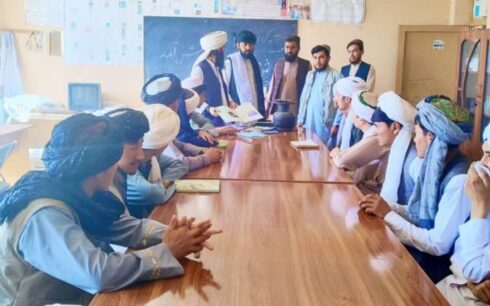The Purple Saturdays Movement, an organization led by women’s rights activist Maryam Marouf Arwin, has condemned the Taliban as a severe threat to Afghanistan’s younger generation, citing a pervasive “brain drain” that has seen many of the country’s prominent figures flee abroad.
In a recent statement, the movement underscored the Taliban’s impact on Afghanistan, which has one of the world’s youngest populations. “The lives of young Afghans, particularly girls, have been thrown into crisis since the Taliban returned to power,” the group said. It further noted that millions of young people are now subject to what it described as “oppressive” policies, leading many to view emigration as the only path to a viable future.
The Purple Saturdays Movement reported widespread human rights abuses, especially targeting women and youth, which it said have worsened under the guise of implementing Sharia law. The organization also accused the Taliban of promoting corruption, ethnic favoritism, nepotism, unemployment, and poverty—factors that it argues are fracturing the country’s social fabric.
The group also criticized the Taliban for replacing modern educational institutions with religious schools, or “jihadi madrasas,” which it claims are part of a broader effort to impose a Taliban-driven vision on Afghan society. This, they argue, has brought Afghanistan to the edge of cultural and social ruin.
As migration from Afghanistan continues to surge, the Purple Saturdays Movement warned that families are increasingly encouraging their children to leave in hopes of avoiding recruitment by extremist groups such as the Taliban or ISIS. The group described the situation as an “unprecedented migration crisis” that jeopardizes not only the future of the youth but also the stability of Afghan society as a whole.
The movement called on the international community to refuse to recognize the Taliban’s government and to keep the group on lists of designated terrorist organizations. This call follows a report by the United States Institute of Peace documenting at least 118 decrees from the Taliban aimed at curtailing women’s and girls’ rights at fundamental levels.





